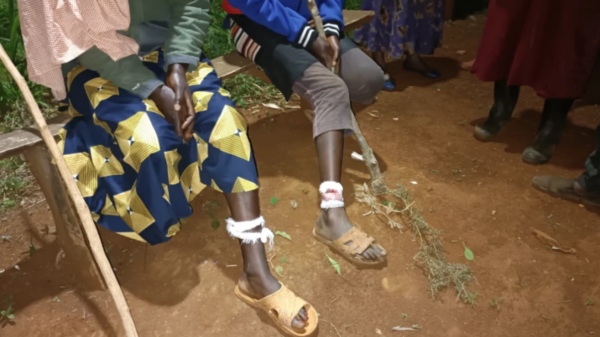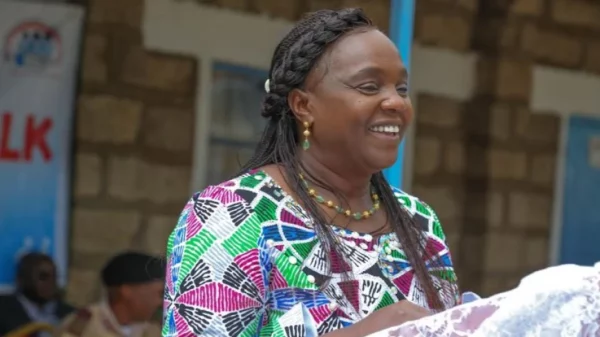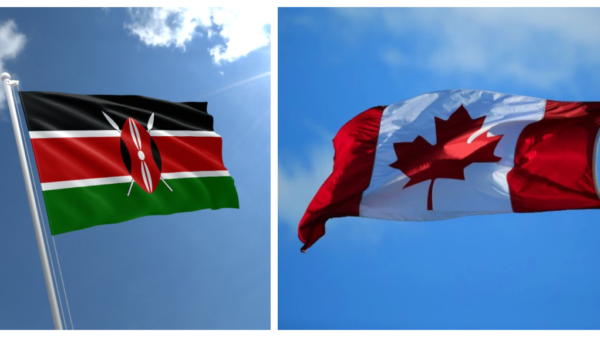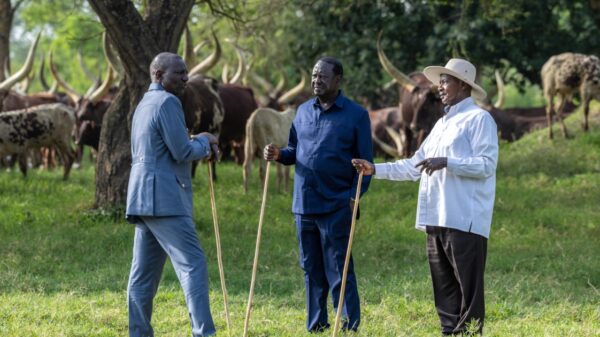
- Justice Oscar Angote dismissed the case stating that the Country has put in place a robust Biosafety regulatory framework with inbuilt structures which must be met before they consider the use of GMO’s
- The Biodiversity Act 2009 restricts the sale, Importation and exportation of GMO’s, and requires persons intending to sell, import or export into the Country to seek written approval from the Authority.
Follow us on Facebook and X for more News and exclusives.
The case had been filed by the Kenya Peasants League a lobby group acting on behalf of peasant farmers.
Justice Oscar Angote ruled on Thursday that adequate public participation was achieved through a session at the KICC as well as a gazette notice.
According to the court, the petitioner made premature claims about the cultivation, importation, and exportation of GMO maize without a license because no evidence was provided.
“There is no evidence presented before the court by the petitioner to show that the fourth respondent is already engaged in food cultivation, processing import and export…” said Justice Angote.
The court also stated that the petitioner had not challenged the laws governing GMOs both internationally and domestically, and that evidence presented in court demonstrated that Kenya has a strong framework governing the viability of GMOs.
“Evidence before me has shown that the country has put in place a robust framework with inbuilt structures which must be met before they consider the use of GMO’s.” Justice Angote added.
“The framework has been set up for the evaluation of GMOs foods to human ….evidence before the court shows that the international biosafety authority has the capacity to check on food assessment….”
According to the court, Kenya has several institutions tasked with dealing with the GMO issue in its entirety, so it cannot be true that all would conspire to expose the population to a disaster.
“This court has not been shown any evidence that the respondents and institutions violated the laws and regulations on GMO foods, specifically the approval to release maize cultivation, importation, and exportation. “I dismiss the petition,” added Justice Angote.
The Judge cited institutions such as the Department of Veterinary Services, KEBS, Kenya Plant Health Inspectorate Services (KEPHIS), Nema which conducts environmental impact assessment of GMOs intended for release into the environment and Kenya Industrial Property Institute (KIPI) which is responsible for addressing intellectual property issues arising from modern biotechnology.
“With all these institutions, save for Nema which has not issued an EIA License, we should be confident that our health and environment are in good hands,” he said
LSK had moved to court after being aggrieved with the Executive decision to lift the ban on GMO imports into the country and sought orders to maintain the 2012 ban on GM Crops and animal feed.
They stated that the Government should tighten biosafety regulations to protect citizens against health risks associated with the consumption of GM crops.
The League had argued that lifting the ban on the cultivation within and importation of foods and animal feeds that are produced from genetically modified seeds and other organisms is unconstitutional, as it threatens the right of access to information, the right to food of acceptable quality as well as consumer protection rights.
They argued that the Cabinet, in making this decision, effectively lifted the ban on all necessary restrictions and control measures that were put in place to protect indigenous seeds and other indigenous genetic resources, and as such actually threatens food security in the country.



























